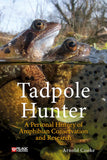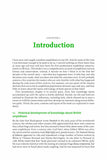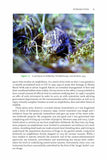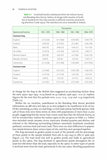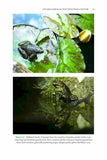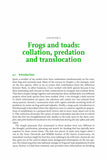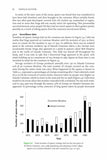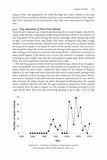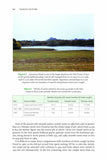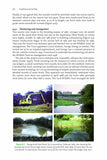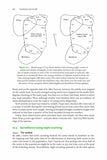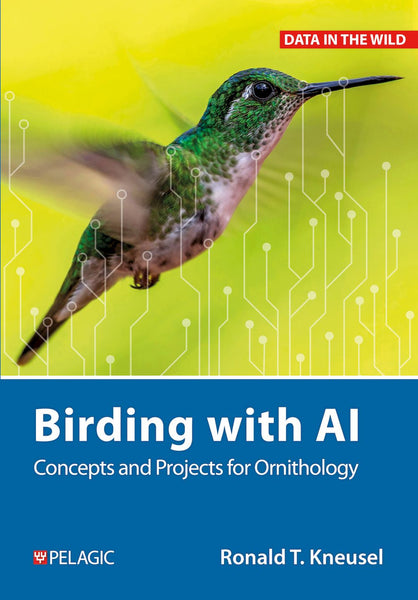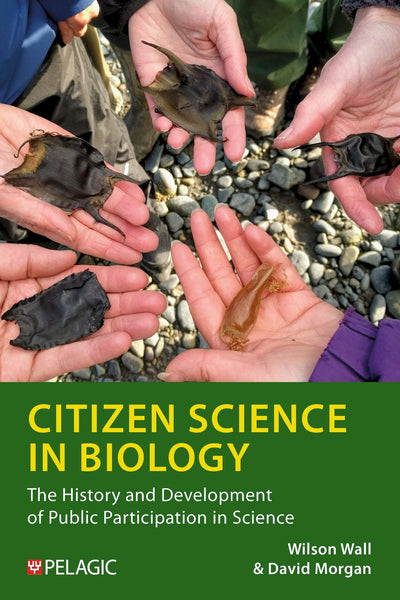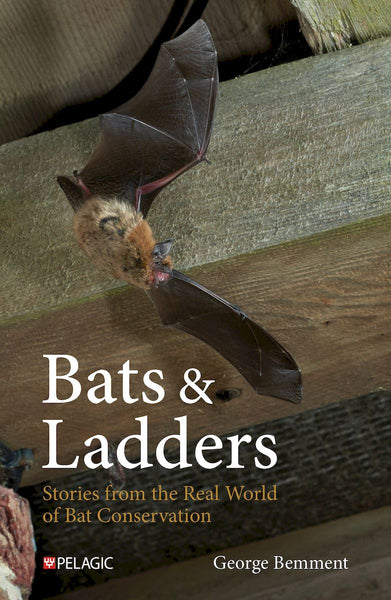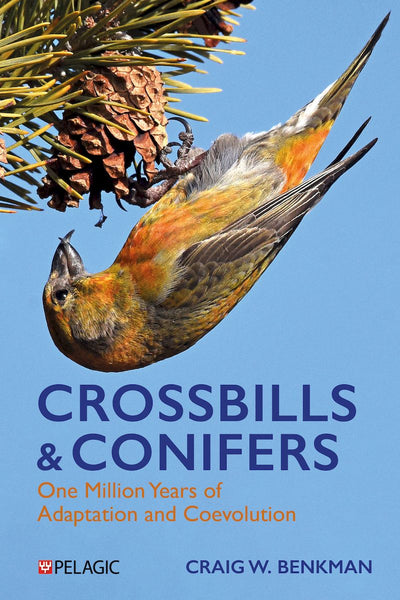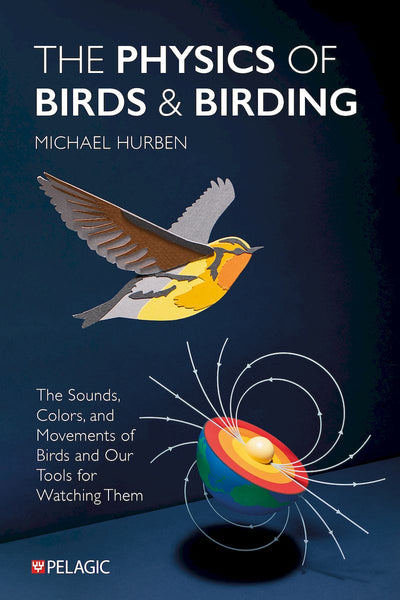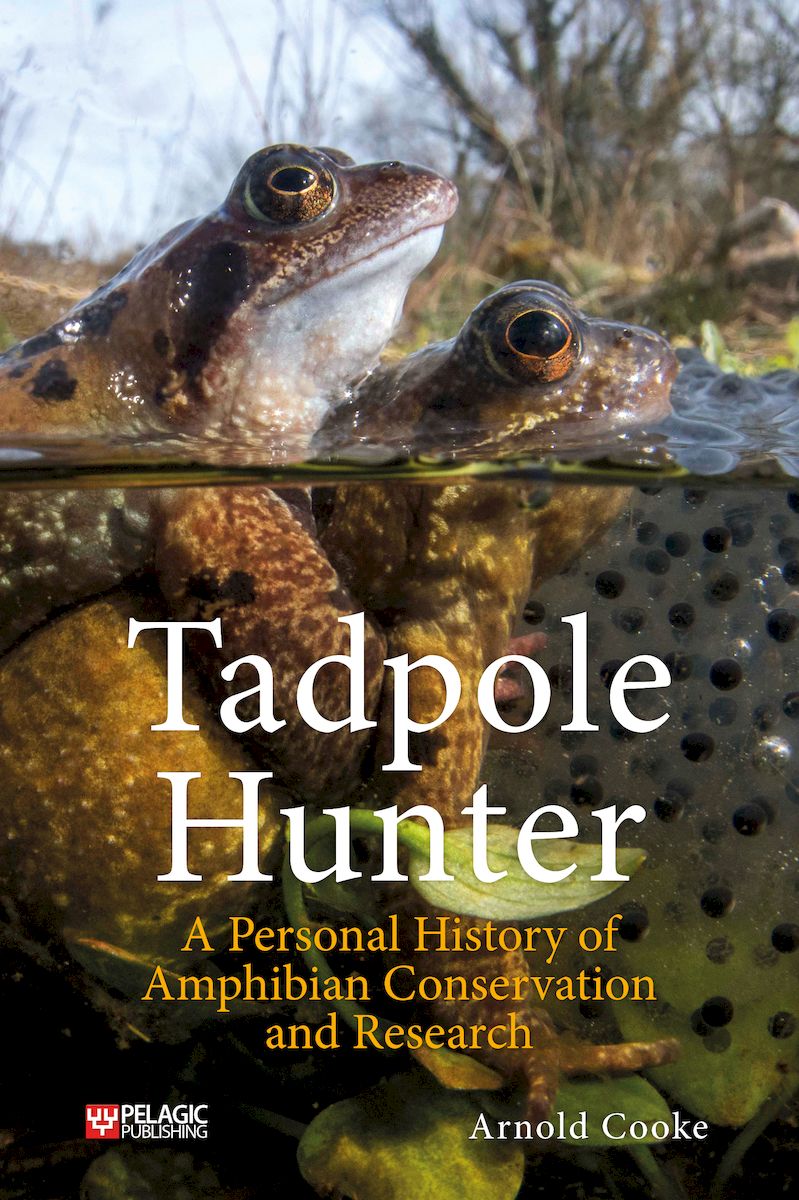
Tadpole Hunter
A Personal History of Amphibian Conservation and Research
- A detailed overview of the development of amphibian conservation in Britain.
- Bursting with unique insights into methodologies and how they emerged.
- Includes a wealth of unpublished and no longer readily accessible material.
- Arnold Cooke is a pioneer of amphibian conservation in Britain. His engaging personal account of how the field has developed over five decades embraces the personalities, politics and the research, demonstrating that good science remains rooted in sound natural history.
—Professor Richard Griffiths FRSB, University of Kent
- amphibians
- aquatic ecology
- conservation
- herpetofauna
- herpetology
- tadpole
Description
This book describes the history of amphibian conservation and research in Britain. It is packed with unique insights from the author who, in the late 1960s, was Britain’s first professional amphibian conservationist. At that time, the situation for amphibians was extremely serious after three decades of population decline. Up to the 1990s, Cooke was directly involved in understanding and trying to remedy the situation via research, legislation and active conservation. He initiated long-term monitoring, surveillance and studies that have continued well into this century. This research developed and utilised simple monitoring techniques, such as counting breeding newts at night or toads dead on roads. The resulting datasets also proved of value in determining whether breeding behaviour was affected by climate change.
This overview charts in detail how amphibian conservation developed from a relatively low knowledge base with few individuals involved to an abundance of information available for the many groups of people now active in the field. It includes published, unpublished and no longer readily accessible material, to emphasise how contemporary knowledge, attitudes and resources affected what was done and what happened as a result. Various policies, strategies, laws and other initiatives have helped stop or slow declines, but the future is still uncertain.
The book will appeal to a broad readership, from naturalists to professional herpetologists. Furthermore, this story will have relevance for amphibian conservation in other countries in light of their more recent widespread declines. It is also of interest to those wanting to know more about the development of wildlife conservation in Britain.
DOI: 10.53061/BGOE4941
Table of Contents
Foreword
Acknowledgements
Abbreviations
1. Introduction
2. Ups and downs in the twentieth century
3. Pesticides and other hazards
4. Frogs and toads: collation, predation and translocation
5. Spawn story
6. Toads in a hole
7. The natterjack years
8. Newts of fen and forest
9. Here be dragons: development and the great crested newt
10. The newts of Shillow Hill
11. Long-term studies and climate change
12. A recent history of amphibian conservation
Appendices
References
Index
Reviews
- A detailed, easy to read and insightful book on the natural history and ecology of Britain’s amphibians as studied by the author, with fascinating primary data spanning many decades. Particularly at this time of rapid change this is an important benchmark for current and future herpetologists to better understand and contextualise their findings.
—Dr Silviu Petrovan, Senior Research Associate, Conservation Science Group, University of Cambridge - Arnold Cooke is a pioneer of amphibian conservation in Britain. His engaging personal account of how the field has developed over five decades embraces the personalities, politics and the research, demonstrating that good science remains rooted in sound natural history.
—Professor Richard Griffiths FRSB, University of Kent - This book is a timely reminder of how little was known about amphibians, their populations and the issues affecting their conservation, and how, within a life time – or, indeed, a career – this has changed. While this is a personal account that documents his own significant contributions, Arnie Cooke provides a fascinating summary of some of the earlier work that underpinned amphibian research and conservation at the time. A valuable insight for those involved in amphibian research today; to know where you’re going next, it is useful to know where the path you’re treading began.
—Dr Tony Gent, CEO, Amphibian and Reptile Conservation - Arnold Cooke has packed a lot into more than half a century of both professional and private work with Britain’s frogs, toads and newts so Tadpole Hunter is a valuable reference. It is not only a personal memoir, but includes a huge amount of natural history and research information and provides a history of amphibian conservation in Britain up to the present day.
—John Baker, Amphibian and Reptile Conservation Trust - Arnold Cooke provides a wonderful insight into the developments of amphibian conservation in the latter half of the 20th Century, up to the present day. Cooke also provides a genealogy of previous researchers before embarking on a very personal journey through his career in both research and conservation. Tadpole Hunter is a powerful contribution to the narrative of amphibian conservation in Great Britain, while also highlighting the threats that face these often overlooked species, and what may await them in the future.
—Dr Steven Allain, British Herpetological Society - This valuable book will appeal particularly to that band of enthusiasts who have waded into ponds, nets in hand, or counted frogs or toads crossing roads, but it also tells part of the story of the development of nature conservation in the UK.
—Mark Avery, author and environmental campaigner - Once again Arnie Cooke has produced a scientific treatise based on years of research while at the same time writing in a style that is easy to understand by the layperson. His personal observations give a great insight into the world of amphibians. A useful reference source. Well worth a read and a must for the herpetologist’s bookshelf.
—Steve Parnwell, Founding Chair of Cambridgeshire and Peterborough Amphibian and Reptile Group - Tadpole Hunter is beyond doubt a notable resource that combines a personal element of curiosity and passion with data from the present day, resulting in a marvellously conveyed piece of science communication.
—Amphibian and Reptile Conservation News - If you’re a naturalist with an interest in amphibians, this is the book for you!
—Theodore Brook, British Naturalists Association Bulletin - While amphibian conservation has not gone as well as it needed to in recent decades, this book shows how efforts have been made to better understand needs of amphibians. It will be an enduring reference for those managing amphibian ponds as numbers stablise and recover and inject enthusiasm into those making that happen.
—Tom Langton, The London Naturalist - ...a valuable and important source for anybody entering the field as a professional or amateur. In addition, the extensive list of references provides a valuable resource for all those interested in the life of amphibians and their conservation. Highly recommended.
—Malcolm Peaker, Zoology Jottings
About the Author
Arnold Cooke worked for the national nature conservation agencies as a researcher and adviser on a range of topics for 30 years. After studying amphibian population declines with the Nature Conservancy, he was herpetological adviser for the Nature Conservancy Council. In the late 1990s, he left English Nature to pursue his interests in amphibians, birds and deer. He has published widely on subjects as diverse as the status of Britain’s amphibians and reptiles, pollutants in birds and the environmental impacts of introduced species of deer. His book Muntjac and Water Deer was published by Pelagic in 2019.Bibliographic Information
 305 pages
305 pages - 106 colour photographs, 24 graphs and charts, 7 maps
- 32 tables
- BISAC SCI020000, SCI070010, NAT028000
- BIC RNC, PSVW3, WNCK






